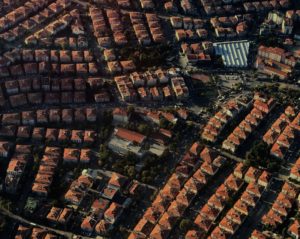Probate Resources
Southern California Probate Code
Probate is the legal procedure wherein the genuineness and legality of a will are established. The term “probate” can also describe the process of handling the estate of a deceased individual who died without a will. A Will’s presence, authenticity, and legality are essential issues in most probate processes. The existence of a will is not a prerequisite for starting the probate process.
Is probate necessary for all estates?
If the value of the assets that are subject to probate at the time of death does not exceed $184,500, then the California Probate Code states that no probate is required. However, vehicles and other non-cash assets are not counted toward the $184,500 threshold.
What are the complexities of the probate procedure?
In many cases, several procedures must be followed to properly close out an estate from a legal standpoint. The laws governing probate and the length of time it takes to complete can vary from one state to the next, but these steps are typically necessary.
- Step 1: Petition for probate must be filed.
Submit a request in the deceased’s home county. A legitimate will and death certificate must be filed along with the petition. This is also where court hearings occur. - Step 2: Send notice.
All creditors, beneficiaries, and heirs should get a probate notification (as required by the court). Some states also required newspaper notices or publishing. - Step 3: Inventory and Appraisal
Collect, list, and assess all probate assets, including bank accounts, retirement accounts, stocks and bonds, real estate, and important art collections. - Step 4: Manage bills and debts.
Collect money due to the estate and evaluate any outstanding bills, obligations, and taxes. Before paying debts, ensure the estate’s assets can cover them. If not, creditors will be prioritized and settled first by the estate. - Step 5: Divide the remaining assets.
After claims, debts, and expenditures are settled, the remaining assets are divided among heirs and/or per the will. - Step 6: Wrap up the process.
Once everything is divided, the court needs receipts and paperwork to close the estate.
Probate Fees in California
Probate fees must also be considered during the process. In California, an executor and his attorney’s right to fees is absolutely statutory. Executor and attorney fees are usually a percentage of the deceased’s estate.
The statutory probate fees in California are broken down as follows:
- 4% probate fees on the first $100,000
- 3% probate fees on the next $100,000
- 2% probate fees on the next $800,000
- 1% probate fees on the next $9,000,000
- 0.5% probate fees on the next $15,000,000
- The court will establish an appropriate compensation amount if the estate is valued greater than $25,000,000.
If you are interested to learn more about probate or the different probate costs in California, please feel free to contact our staff today to get started.
Learn more information about Probate Code in Southern California with our articles below.
Get to know the area
South California Probate Courts Map
Click on any court for a more info


















